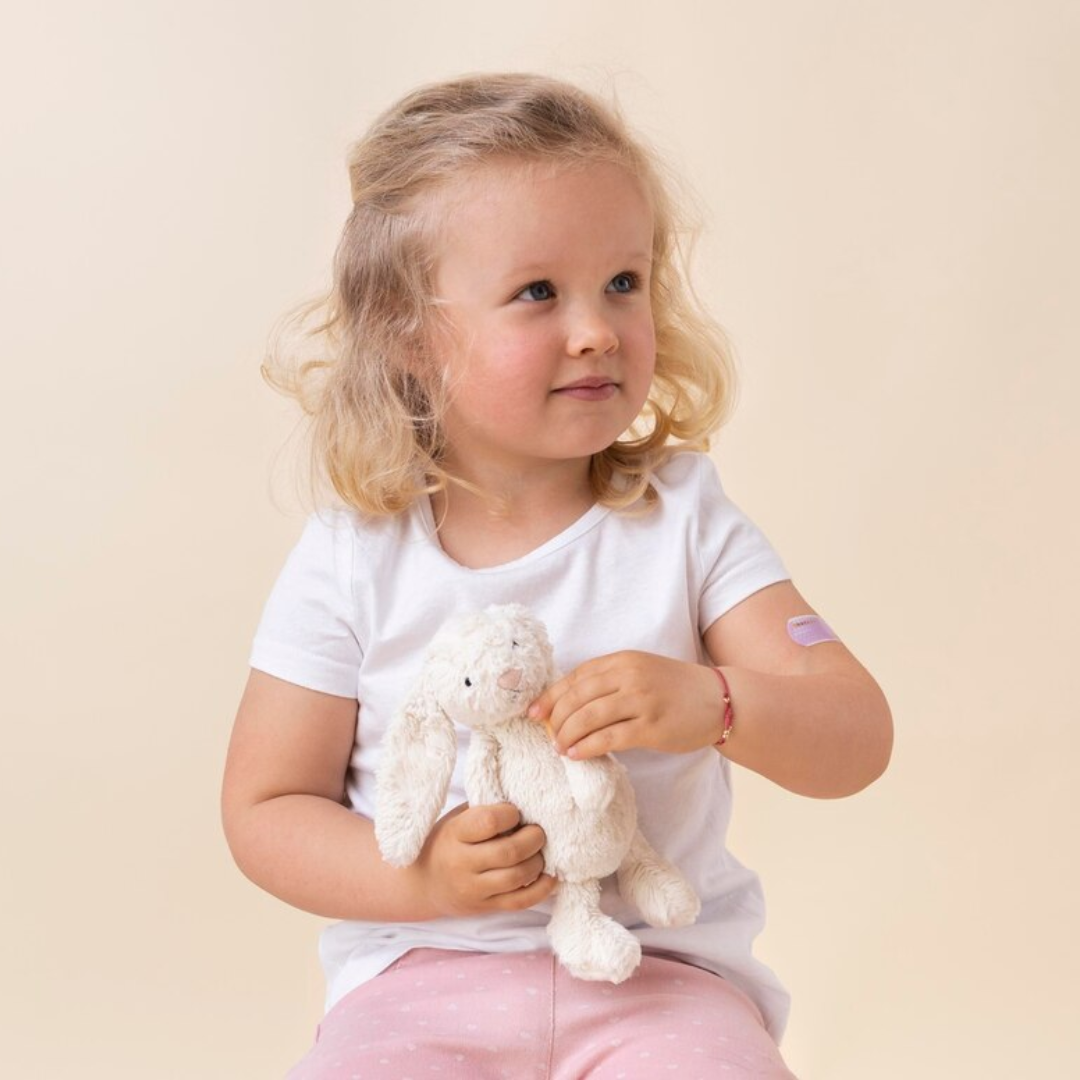
The Importance of Baby Soft Toys: Comfort, Development, and Safety
Soft toys have always been cherished companions for babies and kids, providing not only comfort but also opportunities for play and learning. For babies, these cuddly toys serve several important roles in their early development. In this blogpost, we’ll explore the benefits of baby soft toys, considerations for choosing the right ones, and tips for ensuring safety.
The Benefits of Baby Soft Toys
Emotional Comfort

Soft toys can provide a sense of security for babies, acting as a transitional object that helps them cope with separation anxiety and new experiences. The softness and familiarity of a cuddly toy can offer comfort during bedtime or when facing new situations.
Sensory Exploration

Babies learn about their world through touch, sight, and sound. Soft toys often come in various textures, colors, and shapes, which can stimulate a baby's senses. Toys that crinkle, rattle, or have different fabric textures can engage a baby’s curiosity and promote sensory development.
Social Skills Development

As babies grow, soft toys can become essential tools for imaginative play. Pretend play encourages creativity and helps develop social skills. Babies may practice nurturing behaviors by caring for their stuffed animals, which fosters empathy and understanding of relationships.
Motor Skills Enhancement

Manipulating soft toys helps develop fine motor skills. Grasping, shaking, and tossing toys can strengthen hand-eye coordination and promote physical development. Many soft toys are designed for easy handling, making them perfect for little hands.
Choosing the Right Soft Toys
When selecting soft toys for babies, consider the following factors:
Safety First

Safety is paramount when choosing toys for infants. Look for stuffed toys that are free from small parts that could pose a choking hazard. Ensure that they are made from non-toxic materials and have securely attached eyes and accessories. Also, make sure to opt for soft toys that don't have loose fur that could potentially enter the baby's mouth.
Washability

Babies are prone to drooling and messes, so choose soft toys that are machine washable or easy to clean. This will help maintain hygiene and ensure the toy remains a safe companion.
Age Appropriateness

Select toys that are suitable for your baby's age. Soft toys designed for infants are often softer and smaller, making them easier for babies to grasp and cuddle.
Variety of Textures and Sounds

Toys with a mix of textures and sounds can be particularly engaging. Look for plush toys that incorporate different materials, such as satin, corduroy, crochet or terrycloth, and those that make gentle sounds like rattles or crinkles.
Safety Tips for Soft Toys
To ensure that your baby’s soft toys remain safe companions, keep the following tips in mind:
- Regularly Inspect Toys: Check for wear and tear, including loose seams or stuffing. Discard any toys that show signs of damage.
- Age Recommendations: Follow the manufacturer’s age recommendations to ensure the toy is suitable for your baby’s developmental stage.
- Avoid Toys with Strings or Ties: These can pose strangulation hazards. Opt for designs that are free of long strings or ribbons.
- Wash Toys Frequently: Clean toys regularly to eliminate germs. Follow care instructions for washing and drying to maintain their condition.
Baby soft toys play a crucial role in emotional, sensory, and social development. Whether it’s a beloved stuffed animal or a plush blanket, these cuddly friends can enhance your baby’s early experiences, making them cherished parts of childhood.



